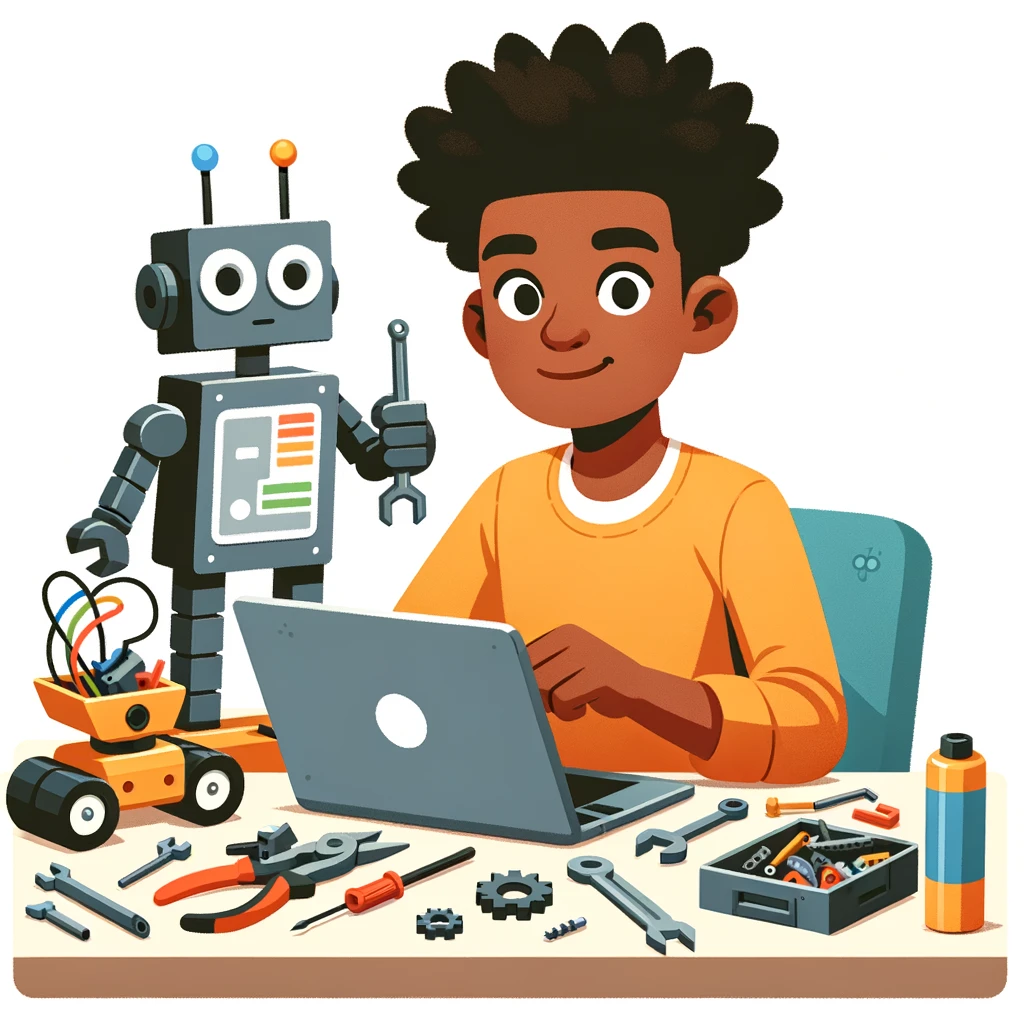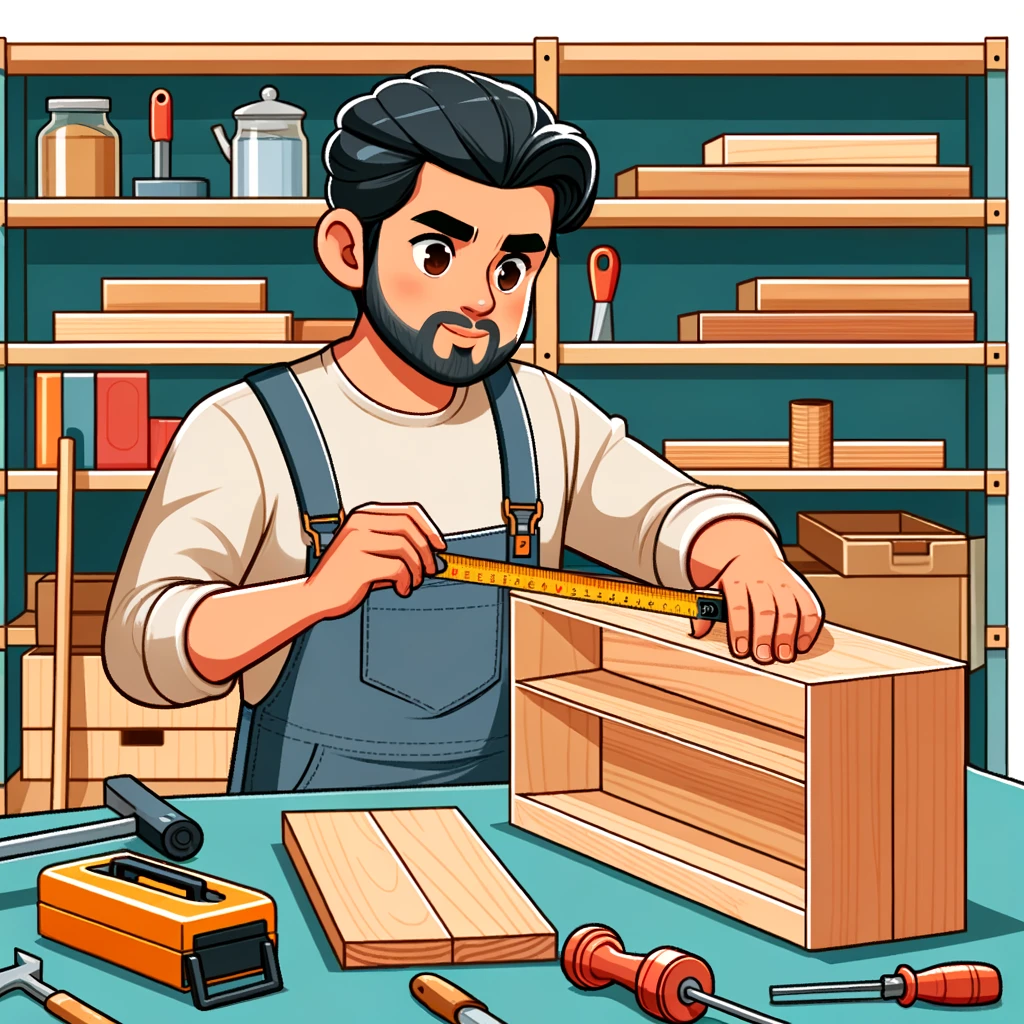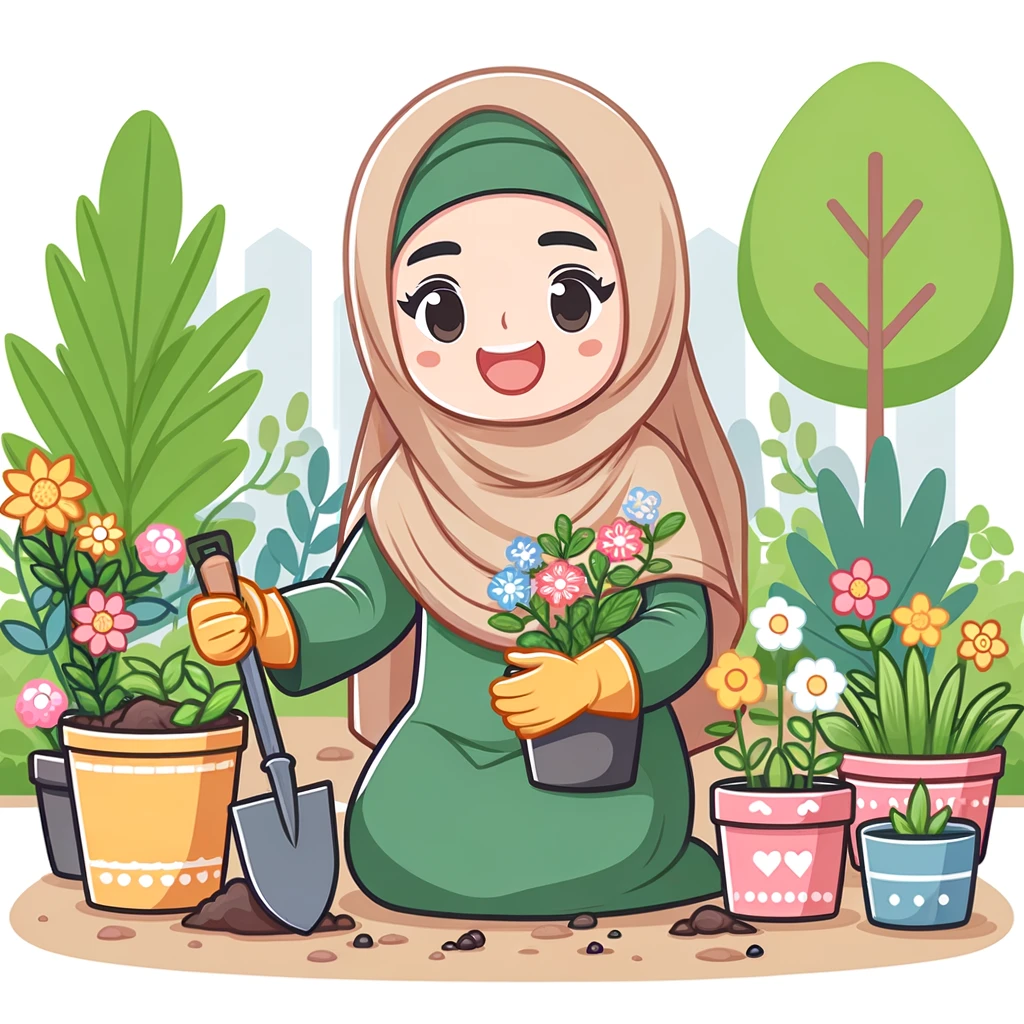Estimated reading time: 5 mins
DIY, an acronym for “Do It Yourself”, is a term that encapsulates much more than a mere hobby. Over the years, it has burgeoned into a culture of its own, signifying a practice where individuals take the reins of creating, modifying, or repairing things independently, without leaning on the expertise of professionals. This concept has gained immense popularity, especially in an era where information is at our fingertips and resources are just a click away. DIY meaning isn’t just about fixing a leaky tap or crafting a coffee table; it’s about adopting a lifestyle and mindset that champions self-reliance, creativity, and problem-solving.
This DIY ethos taps into a profound sense of accomplishment and empowerment. By undertaking tasks on their own, individuals not only acquire new skills but also gain a deeper understanding and appreciation for the work involved. The surge of online tutorials, forums, and platforms dedicated to DIY projects testifies to its growing appeal. From home renovations and garden projects to technology hacks and car repairs, DIY spans a wide range of activities. It encourages a hands-on approach to life, urging people to step out of their comfort zones, experiment, and learn through doing. In this way, DIY is much more than a mere pastime – it’s a transformative journey that fosters innovation, resilience, and a deeper connection with the tangible world around us.

Understanding the Appeal of DIY Meaning
1. Cost Savings: One of the most compelling reasons people turn to DIY is the potential for cost savings. Professional services can be expensive, and by taking on projects themselves, individuals can save money.
2. Personalization and Creativity: DIY allows for complete customization. Whether it’s repainting a room, building a piece of furniture, or creating art, DIY projects enable people to infuse their personality and style into their work.
3. Sense of Accomplishment: Completing a DIY project can provide a sense of pride and accomplishment. It’s rewarding to see the tangible results of your hard work and know that you’ve created or fixed something on your own.
4. Learning and Mental Engagement: DIY activities can be intellectually stimulating and good for your mental wellbeing. They often require problem-solving, planning, and critical thinking, which are excellent skills for any individual to develop.


Developing DIY Skills
1. Start Small: If you’re new to DIY, begin with small, manageable projects. This could be anything from fixing a leaky faucet to creating simple home decorations. Starting small will help you build confidence and learn the basics without feeling overwhelmed.
2. Research and Resources: Take advantage of the wealth of information available online. Websites, blogs, forums, and video tutorials can be invaluable resources. Books and magazines on DIY topics are also great for learning new skills and getting project ideas.
3. Invest in Basic Tools: Having the right tools is essential for any DIY project. Start by investing in basic tools such as a hammer, screwdriver set, wrenches, a drill, and safety gear. As you progress, you can add more specialized tools to your collection.
4. Safety First: Always prioritize safety. Read and understand safety guidelines for any tool you use, and don’t hesitate to wear protective gear like gloves, goggles, or masks as needed.
5. Practice Makes Perfect: As a skill, it must be developed DIY meaning it requires practice. Don’t be discouraged by mistakes or imperfect results. Every project is a learning opportunity.
6. Join a Community: Connect with others who share your interest in DIY meaning online communities, local workshops, and classes. These can be great places to learn from others, share experiences, and get advice.
7. Experiment and Explore: Don’t be afraid to try new things and experiment. Whether it’s a different technique, an unfamiliar tool, or an innovative idea, experimentation is at the heart of DIY.
8. Patience and Perseverance: Some projects might be more challenging than anticipated. Patience and perseverance are key. Take your time, and don’t rush the process.
Areas of DIY Meaning to Explore


1. Home Improvements and Repairs: This includes painting, basic plumbing, installing shelves, or gardening. Home improvement projects can add value to your home and provide a satisfying challenge.
2. Crafting: This can range from sewing and knitting to scrapbooking and jewelry making. Crafting allows for immense creativity and is a great way to create personalized gifts or items for your home.
3. Technology and Electronics: For those inclined towards technology, DIY projects can include building a computer, creating a home automation system, or even basic robotics.
4. Automotive: Basic car maintenance like oil changes, tire rotations, or brake pad replacements can save you money and give you a better understanding of how your vehicle works.
5. Upcycling: Transforming old or discarded materials into something useful and beautiful not only tests your creativity but also promotes sustainability.
The Bigger Picture – Beyond Just Skills
DIY goes beyond just acquiring practical skills; it fosters a mindset of self-sufficiency and continuous learning. In a rapidly changing world, being able to adapt and solve problems independently is invaluable. It also encourages sustainability by repurposing and repairing items instead of discarding them.


Moreover, everybody loves DIY meaning it can be a great way to bond with family and friends. Collaborative projects can be fun, educational, and a way to spend quality time together. It’s also a fantastic way to pass on skills and knowledge to younger generations.
Conclusion
In conclusion, the world of DIY offers a wealth of benefits, making it not only a fulfilling and practical pursuit but also a journey of personal growth and skill enhancement. Engaging in DIY activities is more than just a means to save money or fix things around your home; it’s a powerful way to express your creativity, learn new skills, and gain a deep sense of accomplishment. As you start small and gradually take on more complex projects, you’ll discover the joy of creating and repairing with your own hands.
By utilizing the vast array of resources available, from online tutorials to community workshops, you can steadily build your knowledge and confidence. Investing in the right tools is also crucial, as it makes the process more efficient and enjoyable, and ensures the longevity and safety of your work. Moreover, practicing safety is paramount in DIY – it protects you and ensures the sustainability of your projects.
Remember, the essence of the DIY path lies in progress, not perfection. Every project you undertake, whether it leads to success or requires a few attempts, contributes to your growth as a more resourceful, creative, and self-reliant individual. Each challenge you overcome and skill you acquire is a testament to your dedication and hard work.
So, whether you’re a seasoned DIY enthusiast or a curious beginner, there’s always something new to learn and create. Embrace the process, celebrate your accomplishments, and don’t be deterred by the occasional setback. Grab your tools, gather your ideas, and embark on your next DIY adventure with enthusiasm and confidence. The world of DIY is not just about what you make, but also about what it makes you – more capable, creative, and connected to the world around you. Let’s dive in and see what incredible things you can create!
